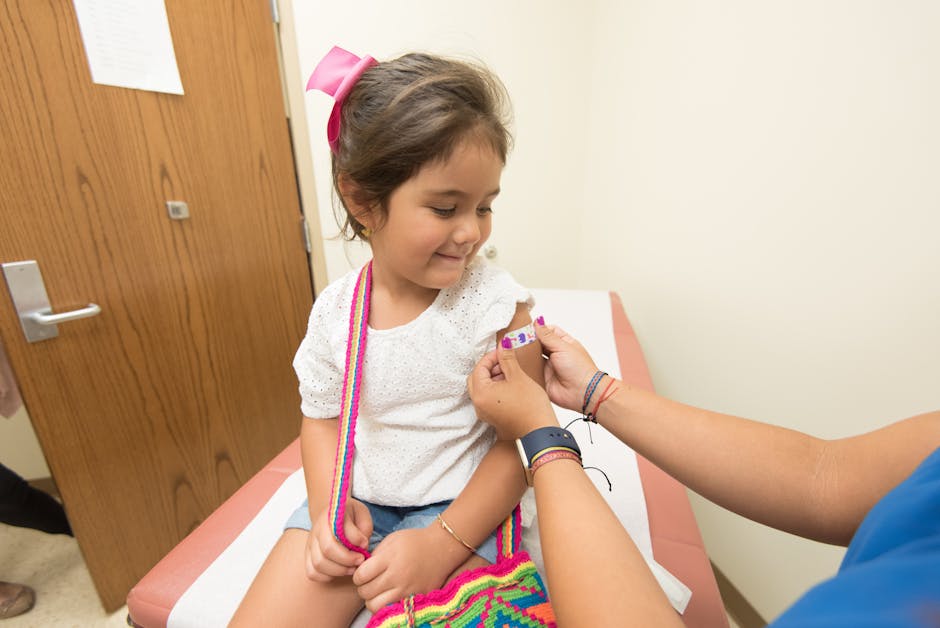Introduction to the Vaccination Program
The National Health Service (NHS) in England is set to introduce a new vaccination program for chickenpox, starting January 2026. This program will offer a combined vaccine for measles, mumps, rubella, and varicella (chickenpox) as part of the routine infant vaccination schedule.
Current State of Infant Vaccination in England
Experts have warned that England's infant vaccination program is faltering, with one in five children starting primary school without protection against serious infectious diseases. This has raised concerns about the country's preparedness to handle outbreaks of preventable diseases.
Details of the New Vaccination Program
The new program will provide eligible children with a combined vaccine for measles, mumps, rubella, and varicella. This vaccine is 98% effective in preventing chickenpox. The program aims to save millions of sick days from school and nursery.
Eligibility and Implementation
The vaccination program will be rolled out across England, with GPs offering the vaccine to eligible children as part of the routine infant vaccination schedule. Parents and guardians can consult with their child's GP to determine eligibility and learn more about the program.
Expert Insights
Implications and Future Directions
The introduction of the chickenpox vaccination program is a significant step towards improving public health in England. However, experts emphasize that more needs to be done to address the underlying issues with the infant vaccination program and ensure that all children are protected against preventable diseases.
Conclusion
The NHS's introduction of the chickenpox vaccination program is a positive development in the effort to improve public health in England. As the program rolls out, it is essential to monitor its effectiveness and address any challenges that arise.
Additional Context
Chickenpox is a highly contagious illness that can cause significant discomfort and lead to complications, particularly in young children. The introduction of the vaccination program is expected to reduce the number of cases and alleviate pressure on healthcare services.
Future Steps
The success of the vaccination program will depend on various factors, including public awareness, uptake rates, and the effectiveness of the vaccine. Ongoing monitoring and evaluation will be crucial to ensuring the program's long-term success.
Final Considerations
The introduction of the chickenpox vaccination program in England is a significant public health initiative. As the program moves forward, it is essential to prioritize transparency, communication, and collaboration among healthcare providers, policymakers, and the public to ensure its success.
